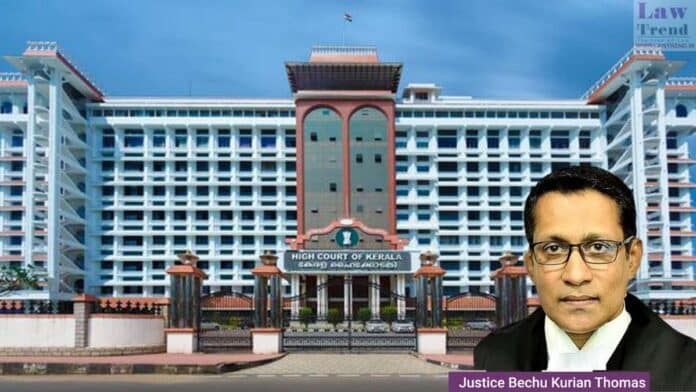In a significant ruling, the Kerala High Court has declared that property registers maintained in public offices cannot be deemed confidential. The judgment, delivered by Justice Bechu Kurian Thomas, underscores the principles of transparency and the right to information in judicial proceedings. Background of the Case The case, OP(CRL.) No. 434 of 2024, stems from
To Read More Please Subscribe to VIP Membership for Unlimited Access to All the Articles, Download Available Copies of Judgments/Order, Acess to Central/State Bare Acts, Advertisement Free Content, Access to More than 4000 Legal Drafts( Readymade Editable Formats of Suits, Petitions, Writs, Legal Notices, Divorce Petitions, 138 Notices, Bail Applications etc.) in Hindi and English.




